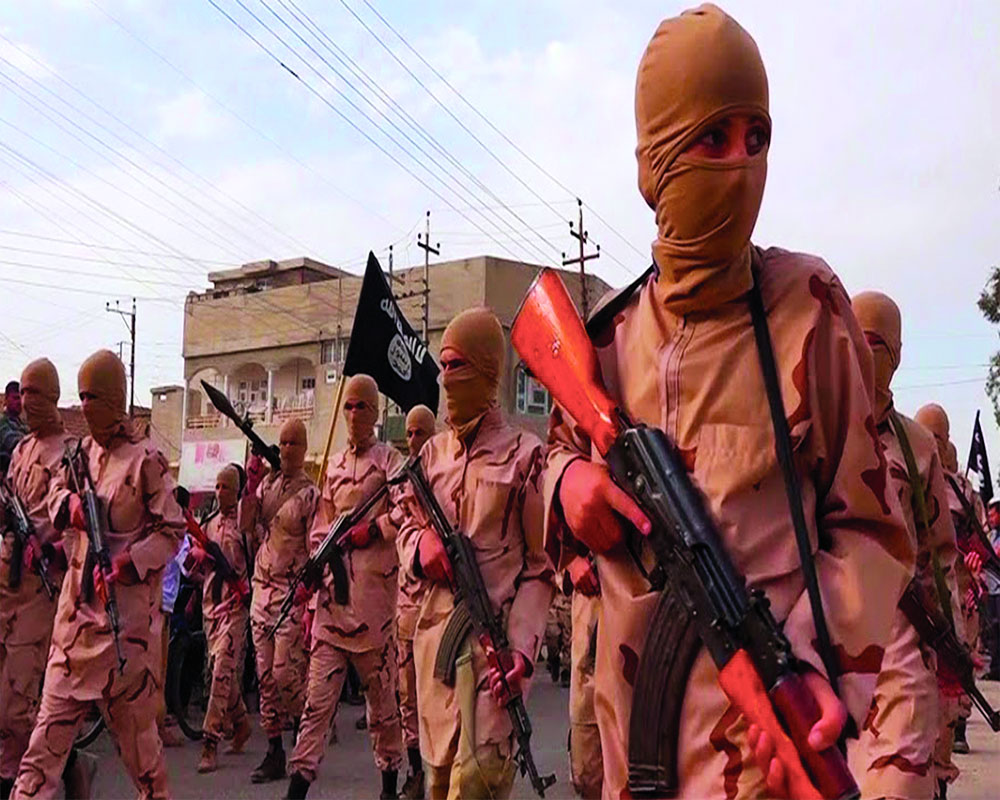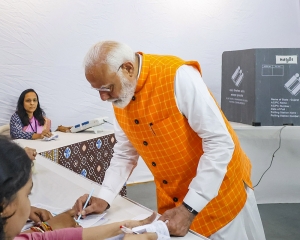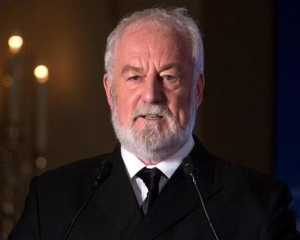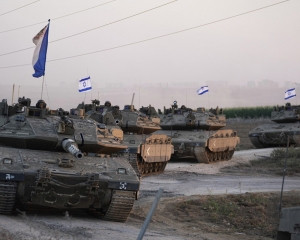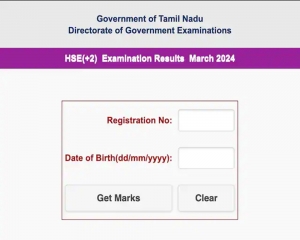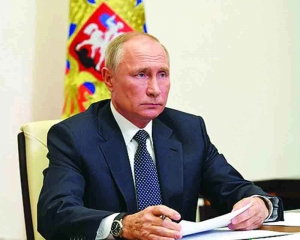Syria resonates in the regional and global fulcrum as another conflict centre and a twilight zone. The fact has been that terrorism is the spectacular attention gathering device of a resource and fund challenged non-state actor.
In West Asia regionally and in the Syrian quagmire particularly, the issue of insurgency and the spectacularity of the ministrations of the Kurdish forces aligned with United States against the ISIS are present, which are somewhere pitted against the Bashar-Al-Assad regime of Damascus.
Once upon a time Syria used to be a progressive and modernist population centre, but, with the internecine entry of Iran into Lebanon through Syria and Hezbollah, the regional scenario has become tricky going beyond the pale of the quintessential BOP ( balance of power) system in the larger international system and the West Asian region. Now, the Syrian nation has turned into a region, facing one of the worst humanitarian disasters whose sinews now reach out to Europe as part of a larger migration across the European mountains and icy lands.
The US, too, gets embroiled in this regional fracas. The December 2018 decision of President Trump to withdraw the last contingent of 2,000 soldiers has been a part of his larger “sequestration and isolationist streak” in the context of the US foreign policy. The US we perceive today is much different from the times of President Bush where-in the superpower nowadays intends to withdraw from global responsibilities, including that of conflict resolution and related reconstruction efforts in destroyed principalities.
The power vacuum left by the American withdrawal from a post-Saddam Iraq led to the spawning of a Phoenix like Islamic State (ISIS). In a way, if the Bashar-Al-Assad regime does not survive, which appears highly unlikely then a strong and capacities-laden nation-state actor such as the US will be required to set the unstable stables in order in Syria.
The American interventionist streak has been on view in places which have faced humanitarian catastrophes. Syria is one such instance, wherein, the NATO ally, Turkey too has reservations about the Washington’s policy of taking the help of the Syrian Kurd groups and the attendant militia, in order to counter the ISIS, as the flock of YPG and others are categorically Turkey’s insurgents and law breakers. Still, akin to other places and in the context of American homeland security, the White House has to adequately pre-empt the incursive and destabilising insurgents in the Syrian context and the larger West Asian region. This leads us on to the American R2P as the Americans need to stay much longer in Syria to oversee the establishment of peace and stability in the conflict ravaged nation. According to the 2012 Global Leadership Report, 29 per cent of the Syrians approve of the American leadership, with 41 per cent disapproving and 31 per cent people expressing indecision about the American leadership in Syria.
The scenario of diplomatic exchanges was never so bad between the doughty Damascus and Washington as in the first Persian Gulf War of 1990-91, President Bush Sr was part of the American-led coalition to counteract the dictatorial act of Saddam Hussein, and later in the decade of the nineties, the Americans successes in bringing Hafiz Al Assad of Syria to mediate with the state of Israel with the larger objective of peace in West Asia. By the time in the aftermath of the September 11 attacks, Syria participated in the US-led Global War on Terror (GWOT) in order to support the American striving in West Asia.
In fact, the Syrians were the first state to intimate the Americans about a terror attack on the US Fifth fleet in line with the USS Cole bombing in 1998. Despite, the Syrian-American cooperation in the context of the GWOT, Syria has always remained on the American list of terror sponsoring safe havens, since the US enumeration of the same in 1979. The US is of the opinion that the Damascus regime supports terror and separatist actors in Israel and the Palestinian territories, which place the West Asian peace and stodgy stolidity at a grave risk.
As an adjunct, the US Embassy was attacked in 2006 for which the Syrian Government placed the blame on the American policy in Iraq. These little flies in the ointment tended to sour the relations between the twin nations which were partially at different footings, since the last 30-40 odd years. So no supine surprises here over the growing of thaws between Damascus and Washington!
The Americans clearly parted ways when President Obama sponsored the UNSC resolution laying the blame for all violence on Bashar-Al-Assad and demanded that he steps down from the perilous pedestal of power. The American Ambassador, Robert Stephen Ford, was too withdrawn from Syria under duress at threats to his personal safety and well-being paving the way for the branding of state of Syria as a recalcitrant nation state. Still, in the Trump Administration, the US Secretary of State, Rex Tillerson, opined that the longer term pedestal of Bashar-Al-Assad would be decided by the local Syrian populace and on several occasions the US President has supported idea of “safe zones” in Syria which Syria finds unacceptable and beyond the pallor of realism.
Also, in the aftermath of the Douma chemical attacks, the Trump regime with Paris initiated missile attacks on the Syrian denomination, thus, paving the way for a confrontation between the US and its allies on side of the fencing ring and Iran and Russia being on the antagonist side of the fighting ring.
Very accurate Tom Hawk missiles have been deftly utilised from USS Philippine Sea and USS Ariegh Burke at the ISIS targets in Raqqa. Thus, Syria is akin to a rogue nation state tumbling on with Iraq and others, in the contemporary US understanding of the conflict, thus, ushering in a twilight zone scenario. As a result in 2014, the nations of the order of Bahrain, Qatar, United Arab Emirates along with the American F-22 Raptor Stealth Fighters were unleashed on the Syrian air space.
Harking back to American history, the American intervention in Cuban war and the incidents in Philippines have served as initiator elements in the rise of American power according to Howard K Beale in 1956 work titled as, “Theodore Roosevelt and the Rise of America to World Power.”
President Theodore Roosevelt at the turn of the century had gone on to contend that the United States ought to have warships equal in number to the aspirations and the popular will of the great American people. The niceties of riding a horse, dining with the elites and deliberating on world politics and literature happen to be the enumerated characteristics of a true blue American gentleman, paving the way for the larger overarch of the American nation.
Thus, America has always been on a kind of Oregon trail which includes incursions of the military genre inside states hobbled with humanitarian disasters as a consequence of political violence, terrorism and attendant mayhem. Regulating the international system has somehow been a lynchpin of the US foreign policy to rescue the challenged and turmoiled nations their populations.
(The writer teaches International Relations at Indian Institute of Public Administration, Delhi)













